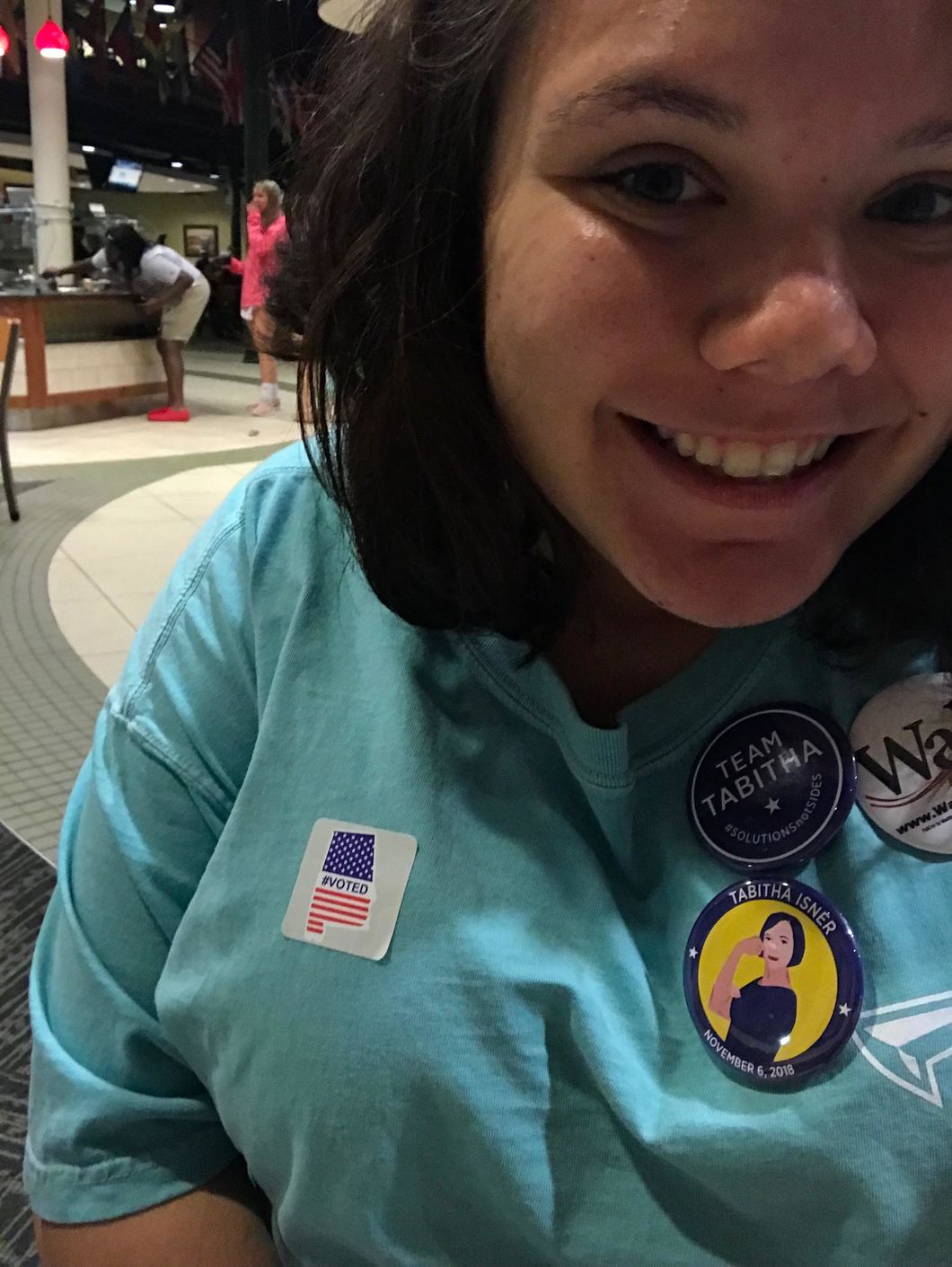A Florida House Committee Is Undermining Your Vote On Amendment 4
Before felons can regain their right to vote, they must pay court fines, fees, and take care of any other "financial obligations." Essentially, this is a poll tax.
Amendment 4, also known as the Voting Rights Restoration for Felons Initiative, was added to the Constitution of Florida after being passed this last midterm election on November 6, 2018.
Amendment 4 restored the voting rights of Floridians with prior felony convictions after all terms of their sentence have been met, including parole and probation. This amendment only applies to felons who have not been convicted of murder or sexual offenses.
On January 8, 2019, an estimated 1.4 million ex-felons regained their right to vote. This is monumental. Prior to this amendment, Florida was one of four states that used felony disenfranchisement. Amendment 4 gives voice, and rightfully so, to felons who have served their time. Amendment 4 is also putting to rest, finally, years and years of disenfranchisement and suppression.
Now, only two months after its passage, the House Criminal Justice Committee is trying to water down this piece of legislation. This is a direct violation of the will of the 64% of Floridians who voted for the legislation as is. This amendment was not to be "clarified," as Governor DeSantis put it, but rather to be self-implementing.
However, the House Criminal Justice Committee proposed a bill that would tack on some extra qualifiers in order for felons to be enfranchised. The bill will require court fines, fees, and other "financial obligations" (in addition to fees administered in a judge's sentence) to be paid in full before a felon's voting rights are restored. This seems awfully similar to a poll tax to me. Obviously, this is going to affect people without a lot of resources rather than white-collar criminals who can afford a $500,000 bond.
This new qualifier will prevent felons from voting based on the money that can be coughed up as if they don't have to worry about their finances long after they leave prison.
Some may argue that these felons shouldn't have committed a crime in the first place. However, I would argue that holding a felon's vote hostage on the basis of money is unconstitutional.


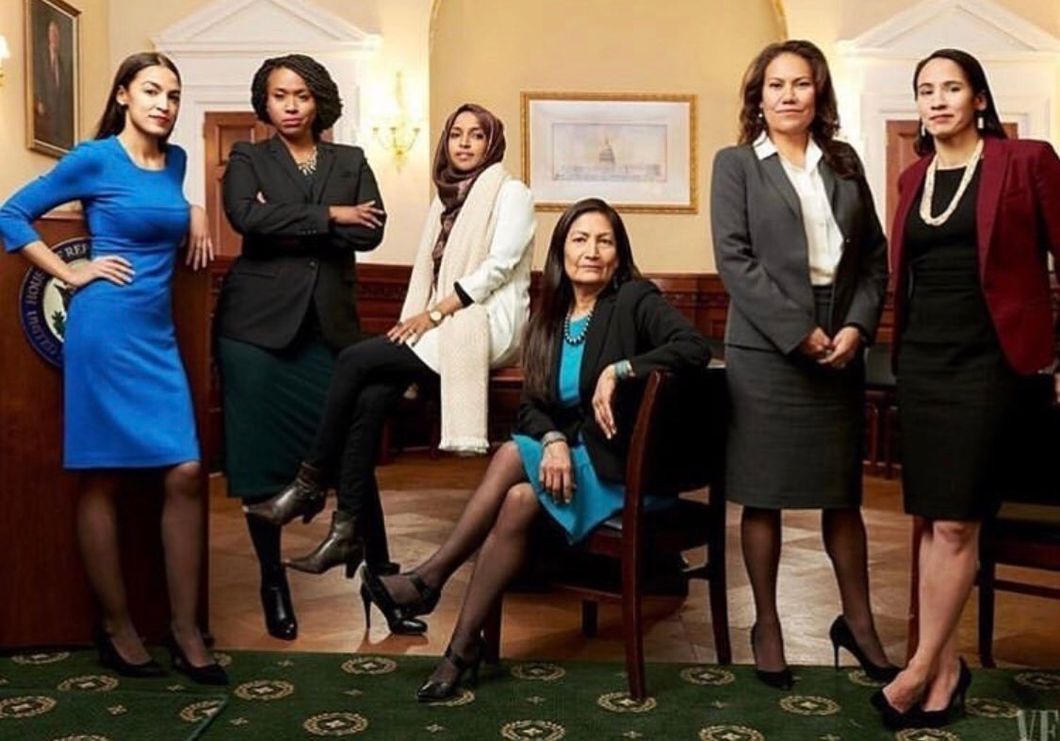

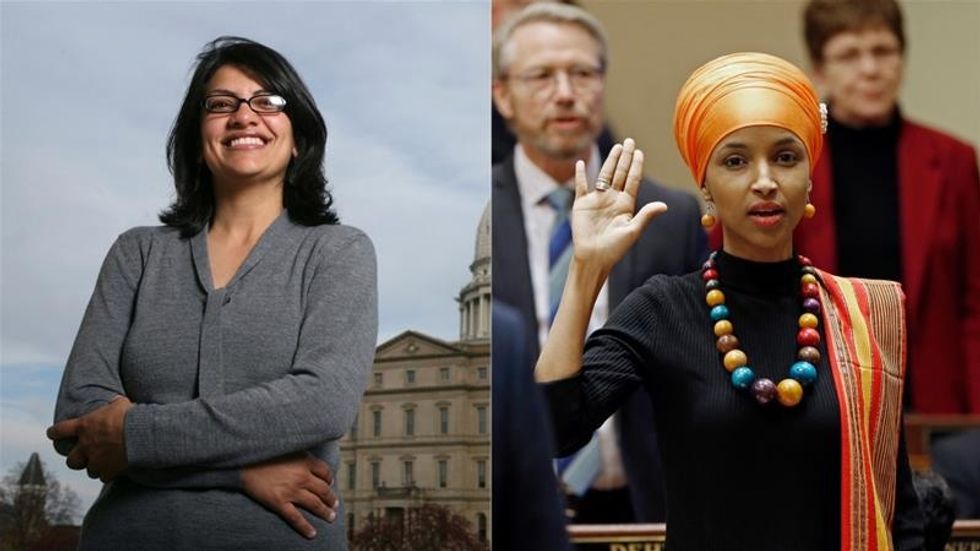
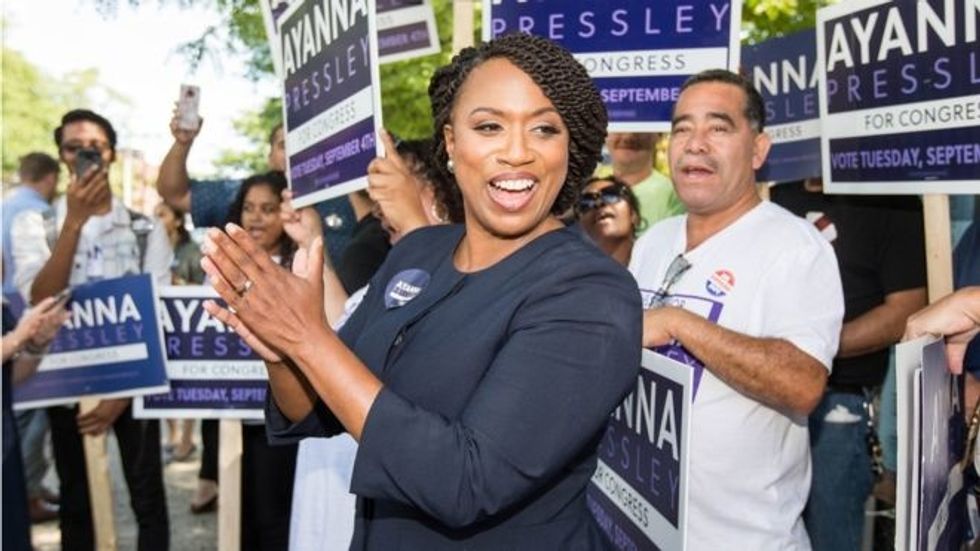
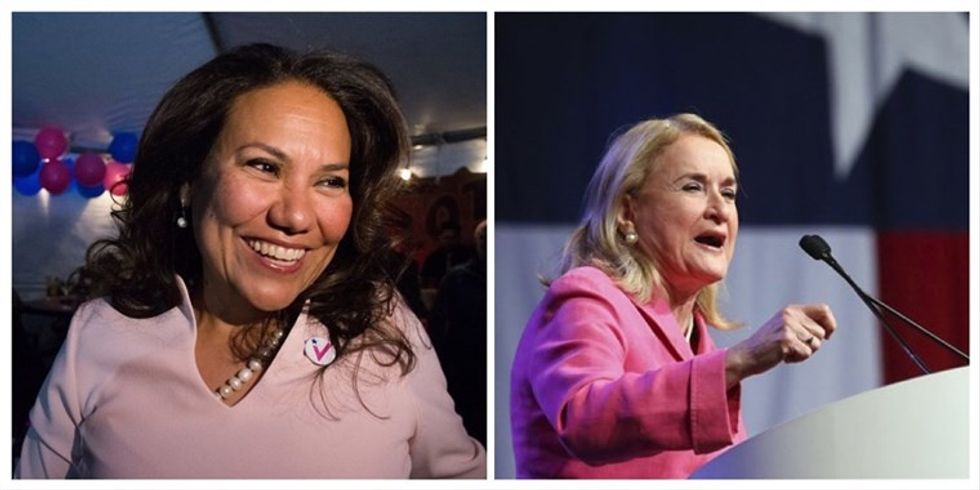
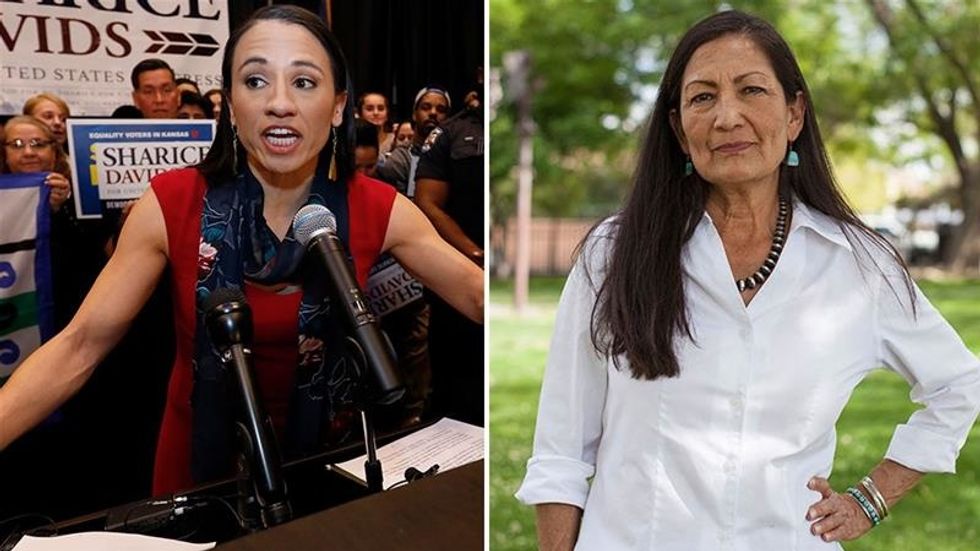




 Giphy
Giphy




